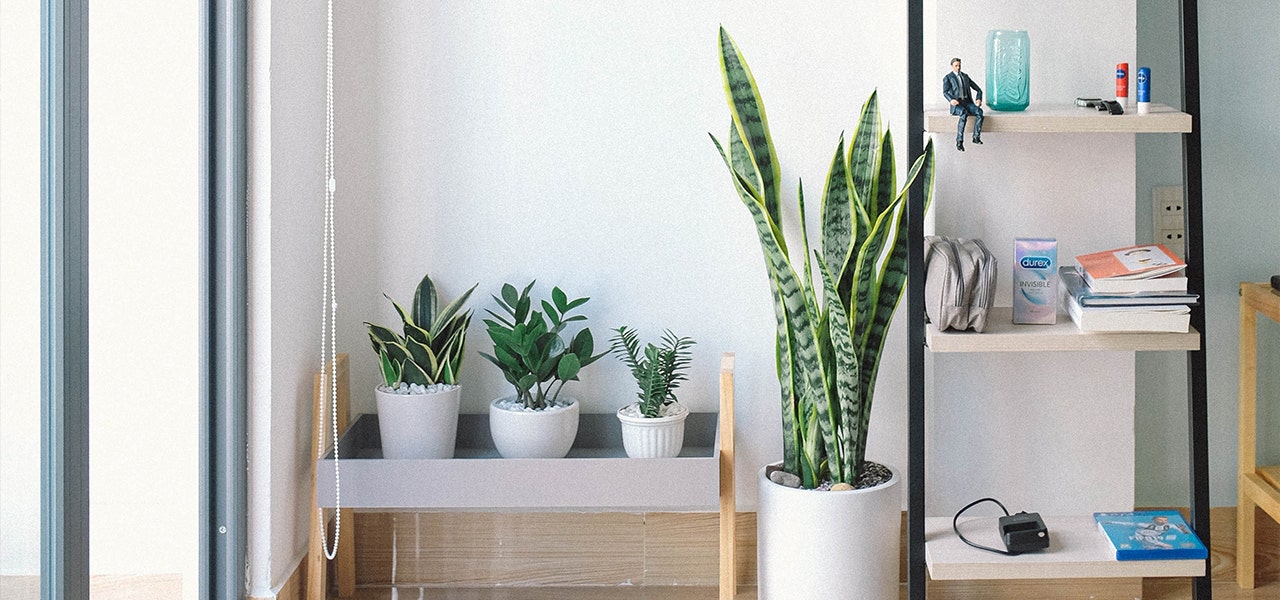The new year is right around the corner. It’s time to make 2024 your most chemically safe year yet! How? With Naturepedic’s healthy new year’s resolutions for a non-toxic home and lifestyle.
OK, sure, maybe “chemically safe” isn’t what immediately comes to mind when you think of your goals for the year ahead – but it’s worth giving some serious thought. Living a safer and healthier life with minimal exposure to toxic chemicals ensures each new year just gets better and better.
Unfortunately, even if your home feels ultra safe, there may be quite a few environmental risks lurking inside. Same goes for the clothes you wear, the food you eat and more. With 85,000 synthetic chemicals in use today and only a handful banned and fewer than 10% even tested … there’s a lot of opportunity for risk.
At Naturepedic, we understand toxic chemicals. In fact, we were founded by a board-certified environmental engineer and have trained scientists as part of our team. We also understand that sometimes new year’s resolutions can be hard to keep. That’s why we’re setting you up with some helpful ideas for healthy new year’s resolutions you won’t want to break!
Non-toxic Living in 2024
Non-toxic living has become increasingly popular. It’s also become simultaneously easy and difficult to achieve.
On one hand, there’s an abundance of non-toxic brands, like Naturepedic, that are committed to making a difference in 2024 and for generations to come. With these options available, it’s easier than ever to make healthy swaps that benefit both you and your family.
But, on the other hand, it’s essential that you vet “natural” brands that make “eco-friendly” or “healthy” claims without having credible third-party certifications and studies to support those statements. Claiming to be non-toxic without explaining what that means means … very little. It’s just another form of greenwashing. At Naturepedic, when we say we’re a non-toxic brand, we mean that our products have been certified to the following standards:
- MADE SAFE® (non-toxic)
- Global Organic Textile Standard (GOTS)
- GREENGUARD® Gold (low chemical emissions)
As we continue to live in an increasingly toxic world, it's becoming harder and harder to achieve a non-toxic home and healthy life without taking the additional steps to create one.


Do What You Can – Every Bit Helps!
New Year’s resolutions often come with a lot of pressure but remember – it doesn’t have to be all or nothing all at once! Making simple changes slowly over time is the best approach when adopting a non-toxic lifestyle. Try to think of your resolutions as new habits that take time to fully form.
Did you know that it can take more than two months for a new habit or way of thinking to become automatic? It’s important to not cause yourself more stress just by trying to live a healthier lifestyle. Perhaps the only achievable resolution within reach right now is swapping your deodorant or toothpaste for a non-toxic alternative.
Making healthy changes to the things you use every day is a perfect starting point. That’s exactly why we’re so passionate about certified organic mattresses. That’s one change that affects an item you spend a third of your life on!
7 Healthy New Year’s Resolutions for Non-toxic Living


Ready to identify lifestyle changes that may work for you? Let’s do it! Here are some practical ideas for non-toxic resolutions and healthy habits that can make 2024 your best year yet:
1. Shop With Certifications in Mind
Like we mentioned, when making purchases, there are a few important certifications to look for that will ensure chemical safety: MADE SAFE, GOTS and GREENGUARD Gold. There are others, too, of course depending on the product. Here’s our full list of certifications to give you an idea. You may also want to look for brands, like Naturepedic, that are part of the Organic Trade Association’s Organic Fraud Prevention Solutions program.
2. Create a Non-toxic Sleep Environment


Mattresses and bedding can emit harmful VOCs (Volatile Organic Compounds) that are toxic to human health. Buying a certified organic mattress (along with organic bedding and pillows!) is one way to begin creating a non-toxic sleep environment. Eliminating blue light exposure, opening your windows for a period each day and decluttering your space are other ways in which to create a healthier sleep sanctuary.
3. Read Labels and Ingredient Lists
The rule when looking at ingredients is simple: if you can’t pronounce it, don’t buy it without further investigation! If you aren’t already meticulously reading product labels and ingredient lists, 2024 is your year to implement this life-changing habit. Unfortunately, many products are formulated with toxic ingredients and their labels are then greenwashed to present false marketing claims. Familiarizing yourself with how to decode ingredients and labels is a powerful way to take control over your health.
4. Switch Your Personal Care Products


Swapping out the products you use most for non-toxic alternatives is one of the most effective ways to reduce your toxic load. The personal care industry is notoriously unregulated, meaning harmful toxic ingredients are in most of what you find in stores. Begin by switching out your deodorant, toothpaste and soap – then go from there! Ditching synthetic fragrance found in perfume and cologne is also a wise decision.
5. Stop Cleaning With Chemicals
Similarly to personal care products, common household cleaners are laden with toxic chemicals that are harmful to our health. Switching your laundry detergent, dishwashing soap and multipurpose spray, as well as ditching the scented candles or synthetic room sprays, are all ways to easily make non-toxic changes.
6. Prepare More Meals at Home


Many foods found in restaurants are non-organic, which means that the produce is likely grown with GMOs and pesticides and the meat could contain antibiotics and hormones. Additionally, restaurant food is commonly prepared in seed oils that can be harmful to health. Making more meals at home with organic, locally grown, grass-fed and wild-caught ingredients will provide more nourishing and nutrient-dense meals. Limiting your consumption of processed foods will also reduce your toxin exposure.
7. Filter Your Water and Purify Your Air
Like your diet, water and air quality matter just as much – if not more. It’s time to stop using and consuming tap water in 2024. It’s full of contaminants linked to cancer, hormone disruption, infertility, nervous system disorders and more. Make a resolution to only use filtered water. Also, invest in an air purifier for your home! These two simple changes can make a world of difference to your health.
Non-Toxic Home Resources That Can Help
The world of non-toxic living can be challenging to navigate at first, but fortunately there are resources that can help. The Environmental Working Group (EWG) is a credible community of researchers who provide current information, studies and findings on toxin exposure. EWG has a website (www.ewg.org) as well as an app called Healthy Living where you can search products to see if they have been EWG verified for safety. Other helpful resources include MADE SAFE (www.madesafe.org) and the Clearya app.
As natural as non-toxic living is, it doesn’t come naturally anymore. It requires a little extra work and effort. With health and wellness at the forefront like never before, 2024 is the year to adopt non-toxic resolutions in your life.
Leave the toxins in 2023 and ring in 2024 with non-toxic resolutions you can actually keep! It's never too late start living a healthier lifestyle for yourself and for your family.
 BABY
BABY  KIDS
KIDS  ADULT
ADULT  LEARN
LEARN  STORES
STORES 